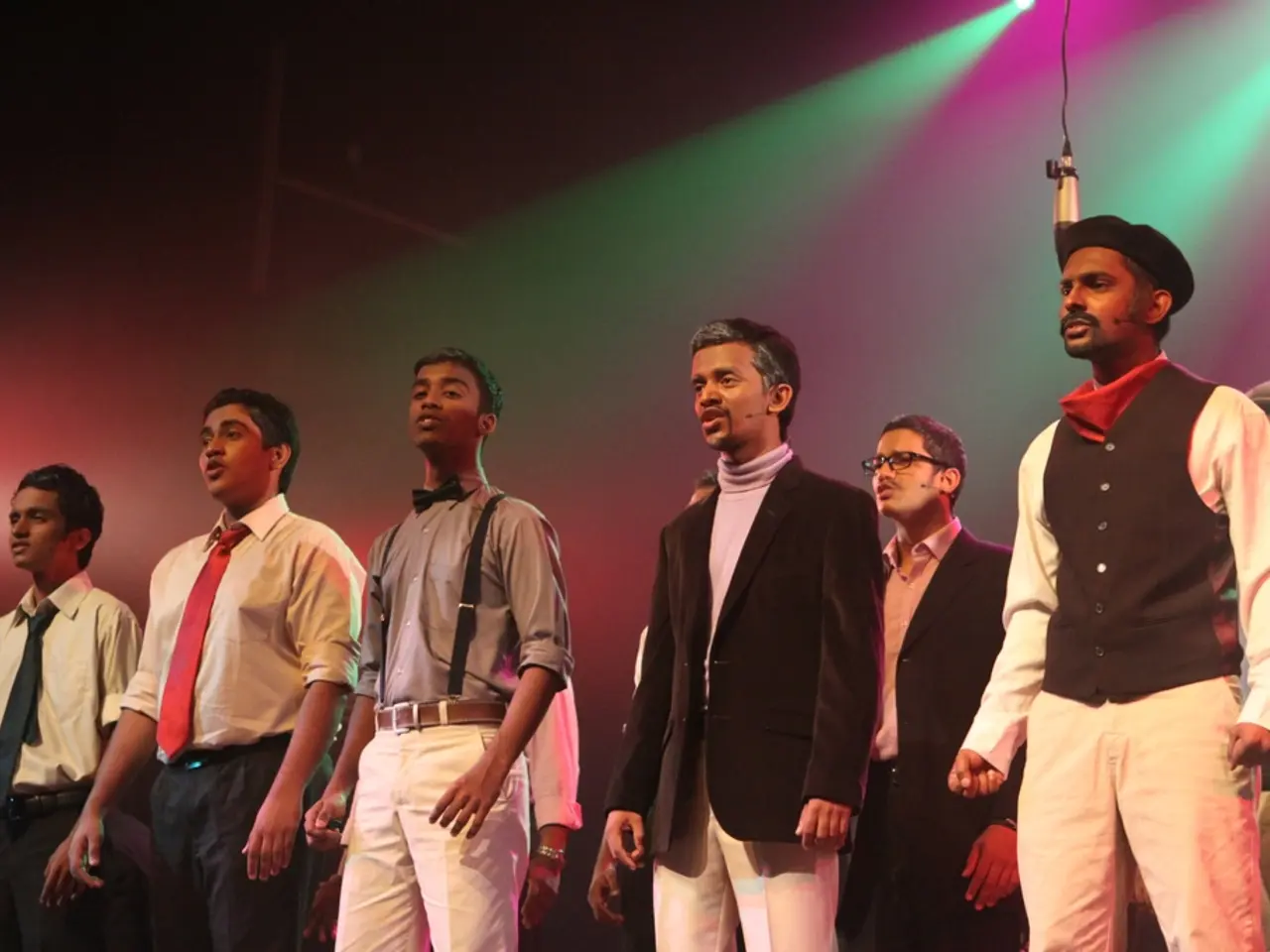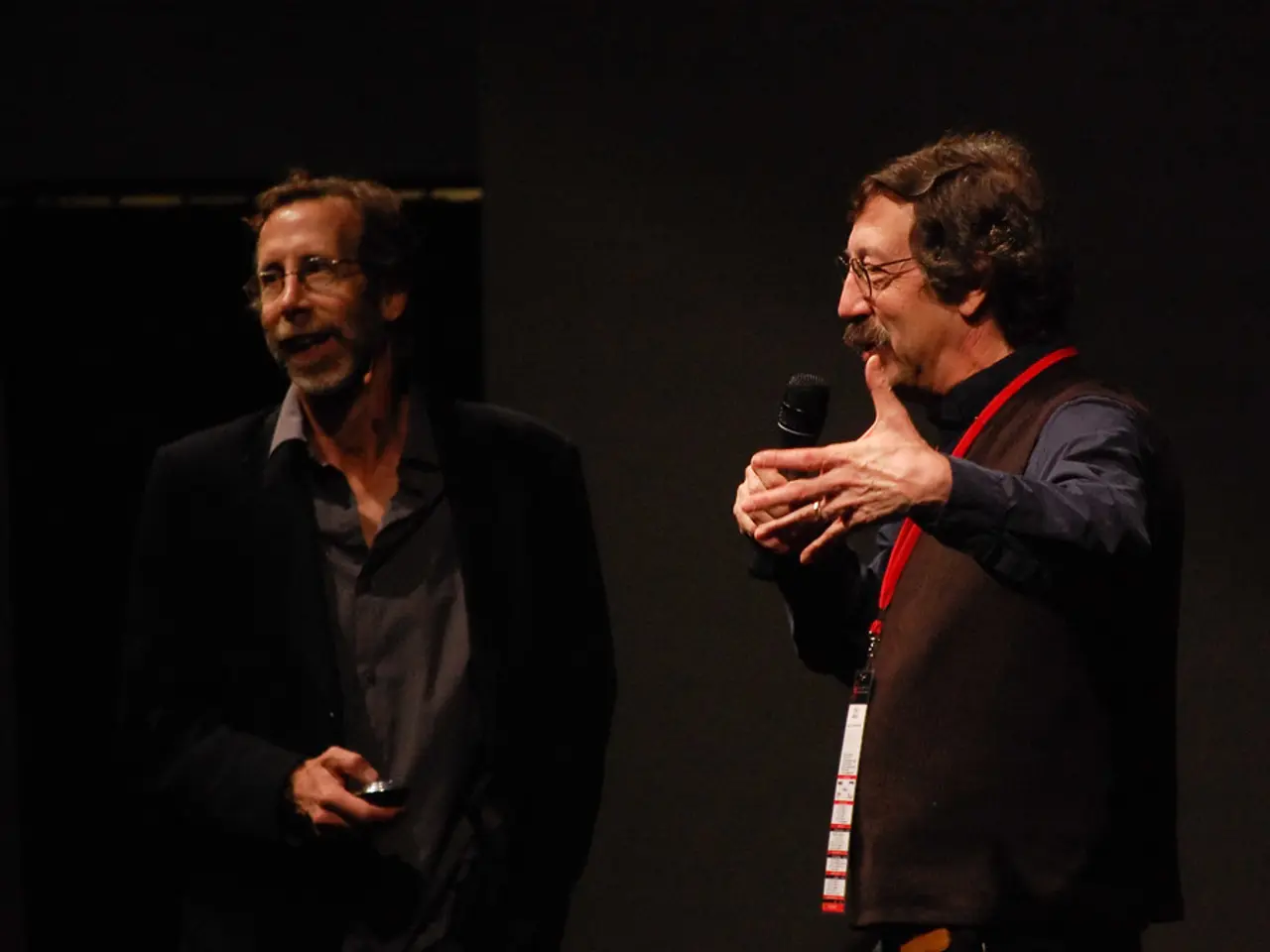Impact of Audience Passion on Directing Movie Industry Trends
Fan Culture Transforms Modern Storytelling and Film Production
In the digital age, fans have evolved from passive viewers into active collaborators in the world of film. The power of fandom extends far beyond online forums and fan conventions, reaching into the heart of the film industry.
Social media has become a crucial tool for driving box office success by allowing fans to promote and discuss films. This engagement can significantly impact a film's performance, as studios often gauge fan reception and reactions to influence future plotlines and character arcs.
One example of this influence is the rise of Fifty Shades of Grey, which began as fan fiction derived from the Twilight series and became a bestselling novel and film franchise, demonstrating how fan narratives can shape broader culture.
Studio engagement with fandoms is evident in various ways, such as sponsoring fan events, hosting panels, and offering sneak previews. This interactive dynamic not only promotes products but also helps inform production choices based on fan enthusiasm and critique. As a result, fan feedback and theories are increasingly shaping the narratives and character arcs in filmmaking.
Character development has been significantly influenced by fandom, with filmmakers responding to audience preferences. Notable trends include expanded roles for popular characters, a push for diverse representation, and redemption arcs for morally ambiguous characters.
The symbiotic relationship between fans and creators fosters a vibrant storytelling ecosystem, where audience engagement becomes an integral part of the creative process. This collaboration has transformed audiences into collaborators in storytelling, shaping creative decisions and driving marketing strategies.
Moreover, the rise of fan involvement parallels technological advances in film, where visual sophistication and narrative style increasingly cater to fan expectations for immersive and interconnected storytelling experiences. This is seen in blockbuster franchises and independent films alike.
Fan culture also influences the resurrection and reinterpretation of historical or literary figures through digital media, highlighting how fans contribute to cultural transmission and storytelling evolution outside mainstream studios.
In summary, fan culture acts as a collaborative force that shapes modern storytelling, character arcs, and film production through engaged feedback, participatory creativity, and influential consumption patterns. The transformation of audiences into active participants in the film industry continues to reshape the landscape of storytelling and entertainment.
[1] Johnson, A. (2019). Fandom: Identities and Communities in a Mediated World. Routledge.
[2] Jenkins, H. (2006). Convergence Culture: Where Old and New Media Collide. NYU Press.
[3] Gray, J. (2010). Show Sold Separately: Promos, Spoilers, and Other Media Paratexts. NYU Press.
[4] Hills, M. (2002). Fan Cultures. Routledge.
- In the digital era, indie filmmakers are increasingly seeking feedback from critics and animators on social-media platforms, as fan engagement can significantly impact a film's release and box office performance.
- At film festivals in Hollywood and beyond, directors showcase their work to a diverse audience of critics, film enthusiasts, and passionate fans, embracing the symbiotic relationship between creators and consumers.
- As a result of this interactive dynamic, production studios are adapting storylines, character arcs, and even the social-media strategies of their films to cater to fan preferences, blurring the lines between traditional filmmaking and fan-driven narratives.
- The evolution of fan culture has led to a growing interest in indie filmmakers and niche animation studios, as film lovers seek out unique and innovative stories that cater to their specific tastes and interests.
- With the increasing popularity of digital media, fans now have access to behind-the-scenes content, interviews, and exclusive footage, providing a more immersive and engaged experience that enhances their connection to beloved film franchises.
- As film critic opinion and fan theories become more influential in shaping filmmaking decisions, the boundaries between mainstream Hollywood and indie cinema continue to blur, as both strive to connect with audiences in meaningful ways.
- Meanwhile, the success of fan-driven stories like Fifty Shades of Grey demonstrates the potential of fan fiction to spark cultural transformation, as entertainment consumers become increasingly active participants in the storytelling process.
- The impact of fan culture on the entertainment industry is a rapidly evolving field, with scholars like Henry Jenkins, Marleen Carr, and Matt Hills providing insightful analysis on the collaborative forces shaping modern storytelling and film production.








